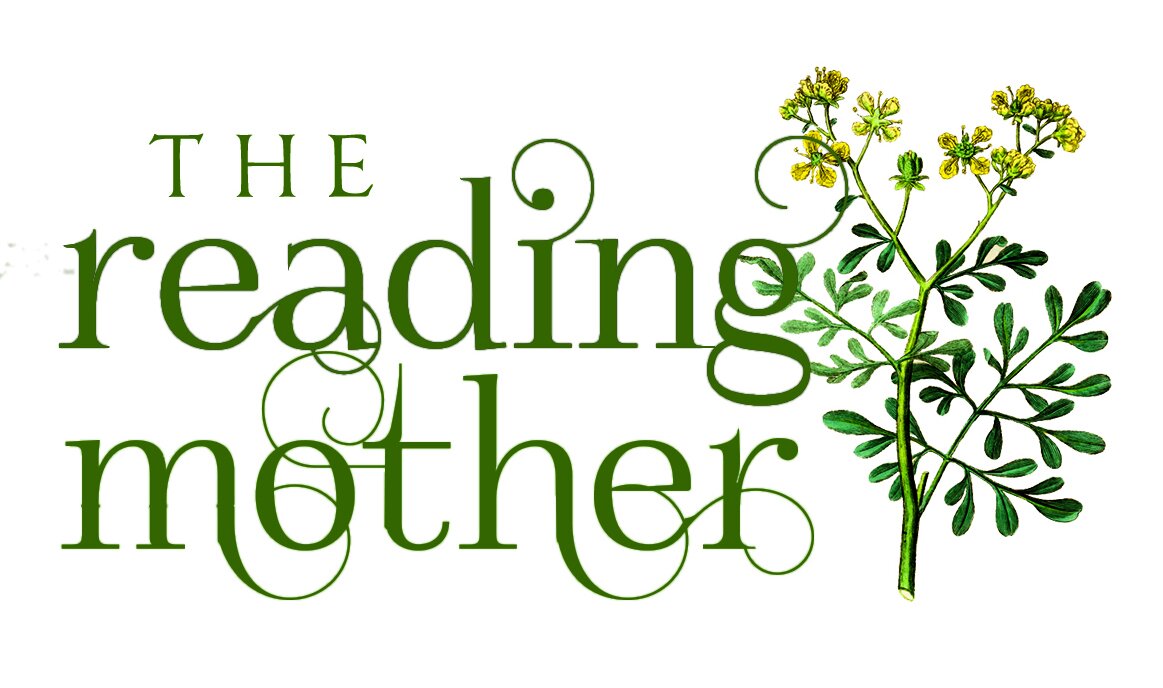The Iliad And Seeing More in Me
When you reread a classic, you do not see more in the book than you did before; you see more in you than there was before. ~ Clifton Fadiman
These words, copied long ago in my commonplace book, came to mind on a recent return to Homer's “realms of gold.” Much more awaited me there!
More delight in eloquence of expression has intensified my joy in Homer's "winged words."
. . . the soul fluttering free of his limbs . . . (XVI.855)
The tongue of a man is a twisty thing, there are plenty of words thereof every kind, the range of words is wide, and their variance. (XX.248-259)
. . . shaker of earth . . . sacker of cities . . . weariless bronze . . . pitiless bronze . . . strong-founded citadel . . . storm-footed . . . gatherer of the clouds . . . flowing-haired . . . high-hearted . . . wind-footed . . . sea-wandering . .
More acquaintance with the depths of brokenness and the heights of beauty has deepened my admiration for blind Homer's vision.
. . . gall of anger, that swarmeth like smoke inside a man's heart and becomes a thing sweeter than honey. (XVIII.109-110)
For there are harsh things that could be spoken against usboth, a ship of a hundred locks could not carry the burden. (XX.246-247). . .
As when in the sky the stars about the moon's shining are seen in all their glory, when the air has fallen to stillness, and all the high places of the hills are clear, and the shoulders out-jutting, and the deep ravines, as endless bright air spills from the heavens and all the stars are seen, to make glad the heart of the shepherd . . .(VIII.555-559)
More echoes of the One True Story in my mind have confirmed the "admirable gifts (of) the Creator," and the "admirable light of truth" found in Homer reflecting the "fountain of truth" (John Calvin).
When two go together, one of them at least looks forwardto see what is best; a man by himself, though he be careful,still has less mind in him than two, and his wits have less weight. (X.224-226, Ecclesiastes 4:9-10)
And though the dead forget the dead in the house of Hades even there I shall remember my beloved companion. (XXII.389-390, Isaiah 49:15)
More consciousness of the competing aims and claims of the City of God and the City of Man has impressed me with the urgency of pursuing the former with all that is in me.
But now, seeing that the spirits of death stand close about usin their thousands, no man can turn aside nor escape them,let us go on and win glory for ourselves, or yield it to others. (XII.326-328)
Such is the way the gods spun life for unfortunate mortals,that we live in unhappiness, but the gods themselves have no sorrows. There are two urns that stand on the door-sill of Zeus. They are unlike for the gifts they bestow; an urn of evils, an urn of blessings. If Zeus who delights in the thunder bestows from the urn of sorrow, he makes a failure of man, and the evil hunger drives him over the shining earth, and he wanders respected neither by the gods nor mortals. (XXIV.525-533)
A note about the translation: I do love Lattimore's translation of Homer’s Iliad which keeps the beauty of the Greek poetic meter and elevated language. I have tried others, but keep coming back to this one. This paperback version is a very nice one - nice thick pages so my fountain pen doesn't bleed through with my copious underlining and nice wide margins for my "conversation" with the Poet. Also, this audio recording by Charlton Griffin is outstanding! And a couple of very helpful "travel guides" are Eva Brann's Homeric Moments and Leland Ryken's Realms of Gold.

